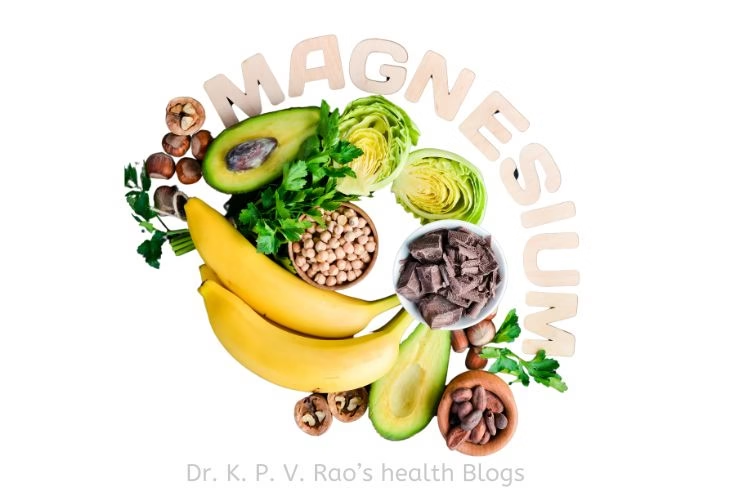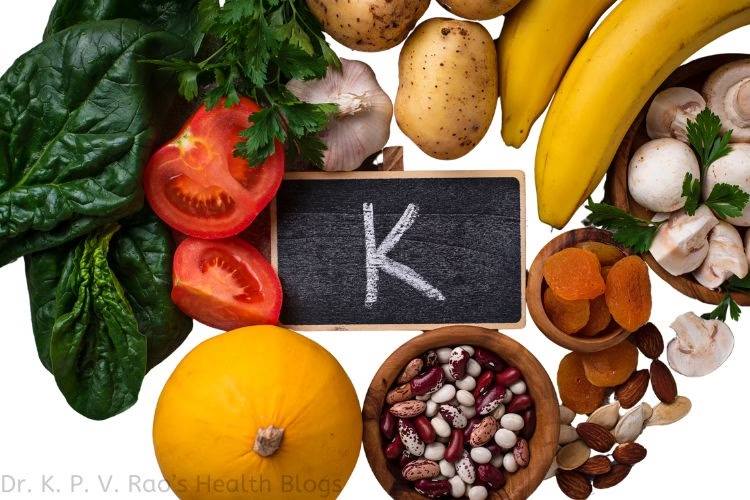Importance of Minerals: Magnesium and Potassium
Maintaining cardiovascular health is a critical aspect of recovery for survivors of heart attacks, and minerals such as magnesium and potassium play integral roles in achieving this goal.
The role of Magnesium
Magnesium is essential for numerous biochemical reactions in the body and has been shown to help regulate blood pressure. This regulation is vital for heart attack survivors, as elevated blood pressure can increase the risk of subsequent cardiac events. Moreover, magnesium aids in maintaining a healthy heart rhythm by preventing arrhythmias.
Foods rich in magnesium include leafy green vegetables, nuts, seeds, whole grains, and legumes, which can be incorporated into a balanced diet.

Magnesium supplements
Different types of magnesium supplement
- Magnesium citrate supplements and its dosage
Magnesium citrate is a dietary supplement that provides magnesium. The recommended dosage is typically 200-400 mg per day, taken with food
- Magnesium Oxide, it’s properties and use in medicine
Magnesium oxide is a white, crystalline compound with the chemical formula MgO. It is used in various medical applications due to its physical and chemical properties. Magnesium oxide has antacid and laxative properties, making it useful for treating heartburn, indigestion, and constipation. It is also used as a dietary supplement to help maintain proper magnesium levels in the body
2. Magnesium taurate supplements and its dosage
Magnesium taurate is a form of magnesium that is paired with the amino acid taurine. The recommended dosage is typically 200-400mg per day.
3. Magnesium glycinate is a commonly used magnesium supplement. The recommended dosage is typically 200-400 mg per day, taken with food.
4. Magnesium malate is a form of magnesium that is combined with malic acid. The recommended dosage is typically 200-400 mg per day, taken with food.
5. Magnesium L-threonate is a newer form of magnesium supplement that has been shown to penetrate the blood-brain barrier more effectively. The recommended dosage is typically 1000-2000 mg per day, divided into multiple doses. It is useful in medical conditions such as dementia to improve memory.
6. Magnesium glycinate
Magnesium glycinate is a form of magnesium that is well-absorbed and gentle on the digestive system. It supports heart health by regulating blood pressure and reducing the risk of heart disease. For general health, magnesium glycinate helps maintain normal muscle and nerve function, supports a healthy immune system, and aids in energy production. The recommended daily dosage is typically 300-400mg.
Is it OK to take magnesium every day?
Yes, it is generally safe to take magnesium supplements daily. Magnesium is an essential mineral that plays a crucial role in over 300 bodily processes.
What is magnesium supplement good for?
Magnesium supplements can help support bone health, muscle and nerve function, and heart health.
What are the signs of being low in magnesium?
Fatigue, muscle cramps, insomnia, anxiety, and irregular heartbeat.
What is the best form of magnesium to take?
Magnesium glycinate is generally considered the best form of magnesium to take.
References-
- Magnesium
- The Role of Magnesium in Neurological Disorders
- The Role of Magnesium in Sleep Health: a Systematic Review of Available Literature
- Myth or Reality—Transdermal Magnesium?
The role of Potassium
Potassium also significantly contributes to cardiovascular health by helping balance fluids in the body and regulating heartbeat. Adequate potassium intake can counteract the effects of sodium, which is known to increase blood pressure.
The normal potassium levels are 3.5-5.0 mEq/L. Deficiency, medically called Hypokalemia, can be caused by poor dietary intake, excessive sweating, vomiting, diarrhea, constipation or certain medications like those used to reduce fluids from the body, for example- Frusemide [Lasix]. Effects include:
- muscle weakness,
- fatigue,
- irregular heartbeat, and
- constipation.
Conversely, excessive potassium levels, medically called Hyperkalemia, in the blood can cause:
- muscle weakness,
- irregular heartbeat, and
- potentially fatal heart rhythm disorders.
Potassium-rich foods
A diet high in potassium has been associated with lower risks of stroke and heart-related complications for those recovering from heart attacks.

Natural sources of potassium include bananas, oranges, potatoes, spinach, cucumber and beans. Heart attack survivors may consider potassium-rich nutritional supplements to ensure they meet their daily requirements during the recovery process.
References-
Conclusion
Both magnesium and potassium supplements can aid those who struggle to obtain sufficient amounts from food alone.
However, it is essential for heart attack survivors to consult with healthcare professionals before starting any supplementation regimen.
This step is crucial to ensure the appropriate dosages are taken and to avoid potential interactions with medications or conditions.
In the journey towards recovery and improved well-being, focusing on these critical minerals can provide essential support for heart health.
